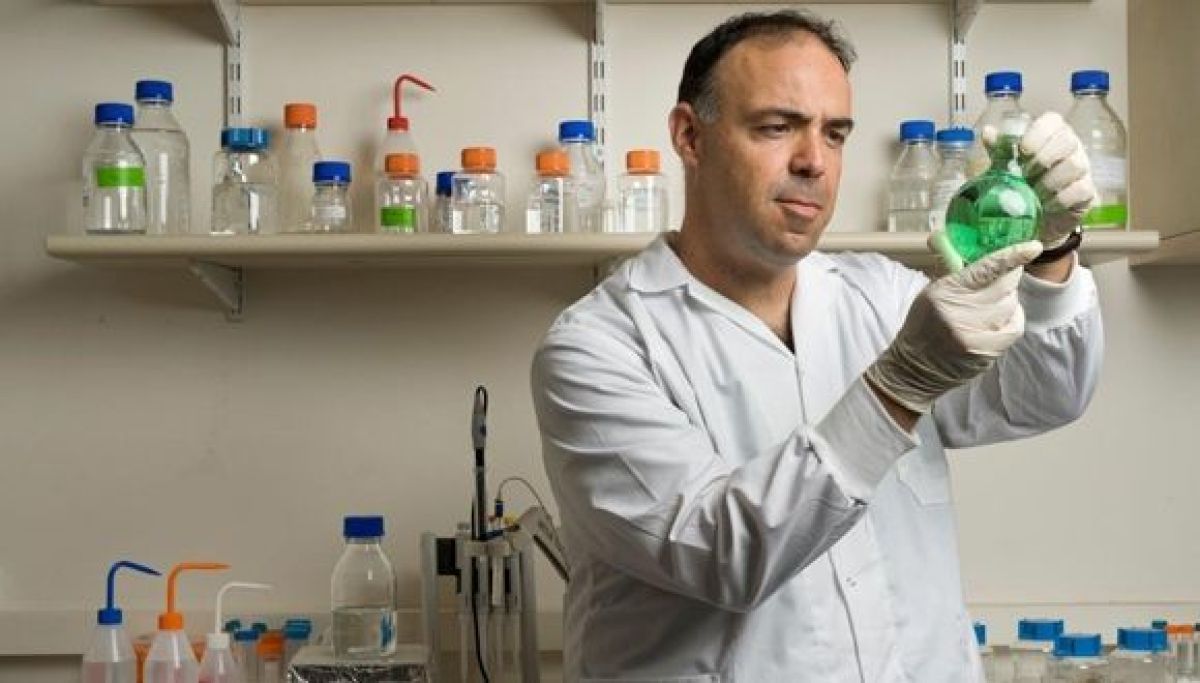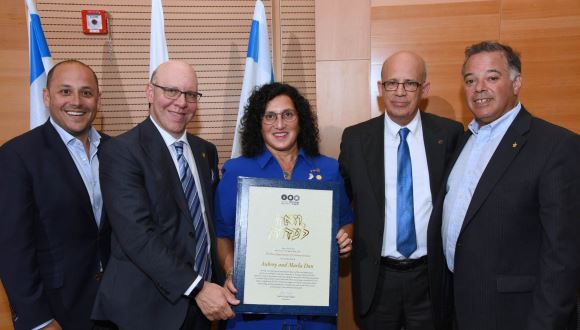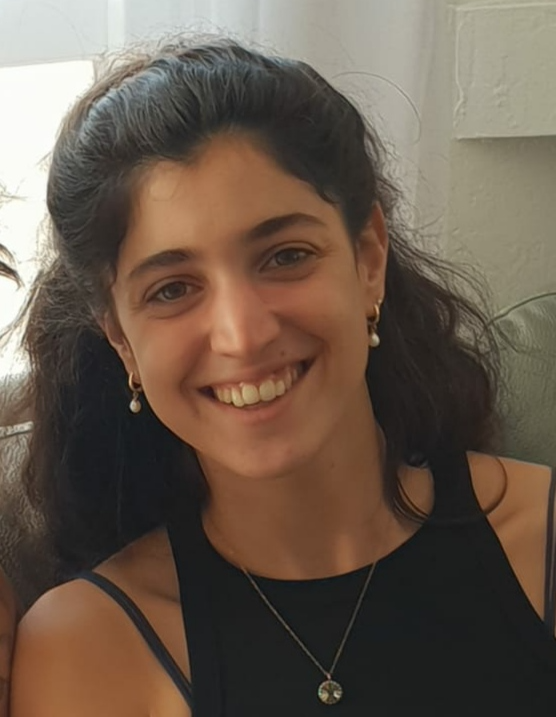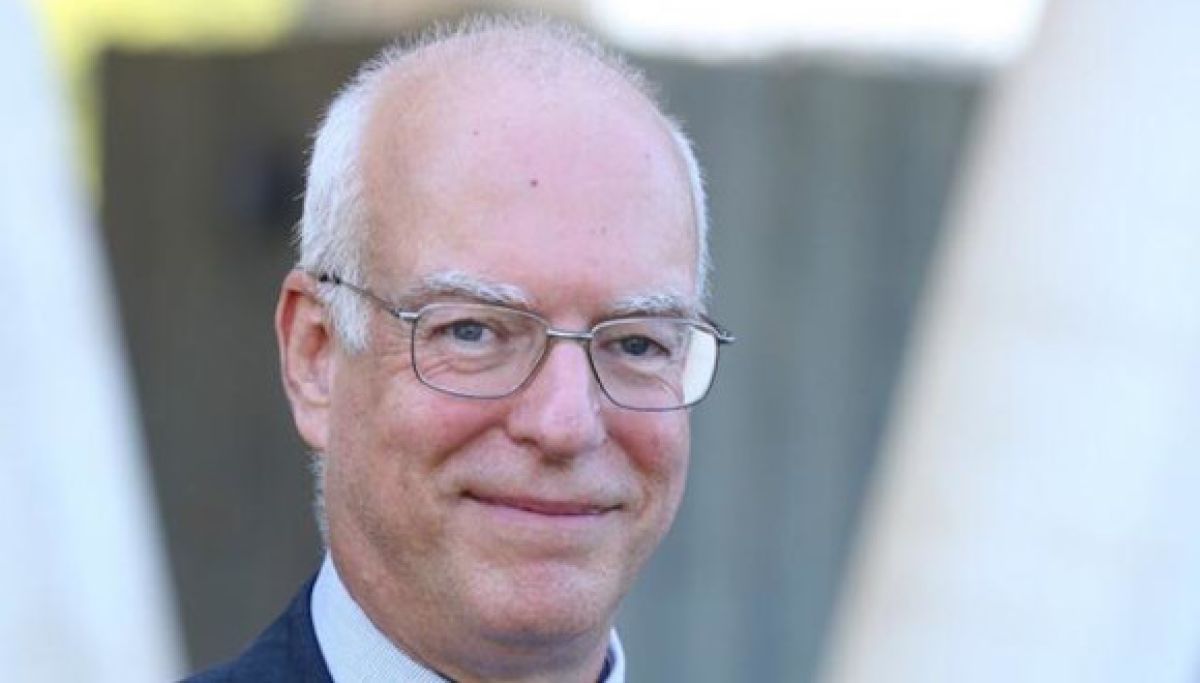Accelerating Jewish-Arab Entrepreneurship
TAU’s jumpTAU program helps bicultural teams found start-ups and friendships.
By Lindsey Zemler
“If you put a law student, a medical student, a social sciences student and an engineer in a room—it’s not the start of a joke. It’s the start of a creative idea,” says Yair Sakov, Managing Director of TAU’s Innovation and Entrepreneurship Center and its accelerator program, jumpTAU.
The four-month program provides a framework for teams of TAU students and recent alumni to develop a business or social venture. In 2020, the Center, which promotes the integration of diverse communities into Israel’s entrepreneurial ecosystem, focused on bringing together Arab and Jewish students.
Although Arab society constitutes more than 20% of Israel’s population, relations between Arab citizens and the Jewish majority are often characterized by ignorance, prejudice and fear. The same is true on Israeli campuses: “Connections between Jews and Arabs are happening in the workplace,” Sakov says, “but in academia we don’t see it enough.”
According to jumpTAU participant Lena Polevoi, a Jewish biomedical engineering student, having Jews and Arabs working together gave her team unique insights into developing a product. She acted as CEO of a student group developing a digital platform called Chatty, which aims to reduce loneliness among the elderly. “We discovered that loneliness is less prevalent among Arab seniors because they generally live with their families, while Jewish seniors do not,” she says.
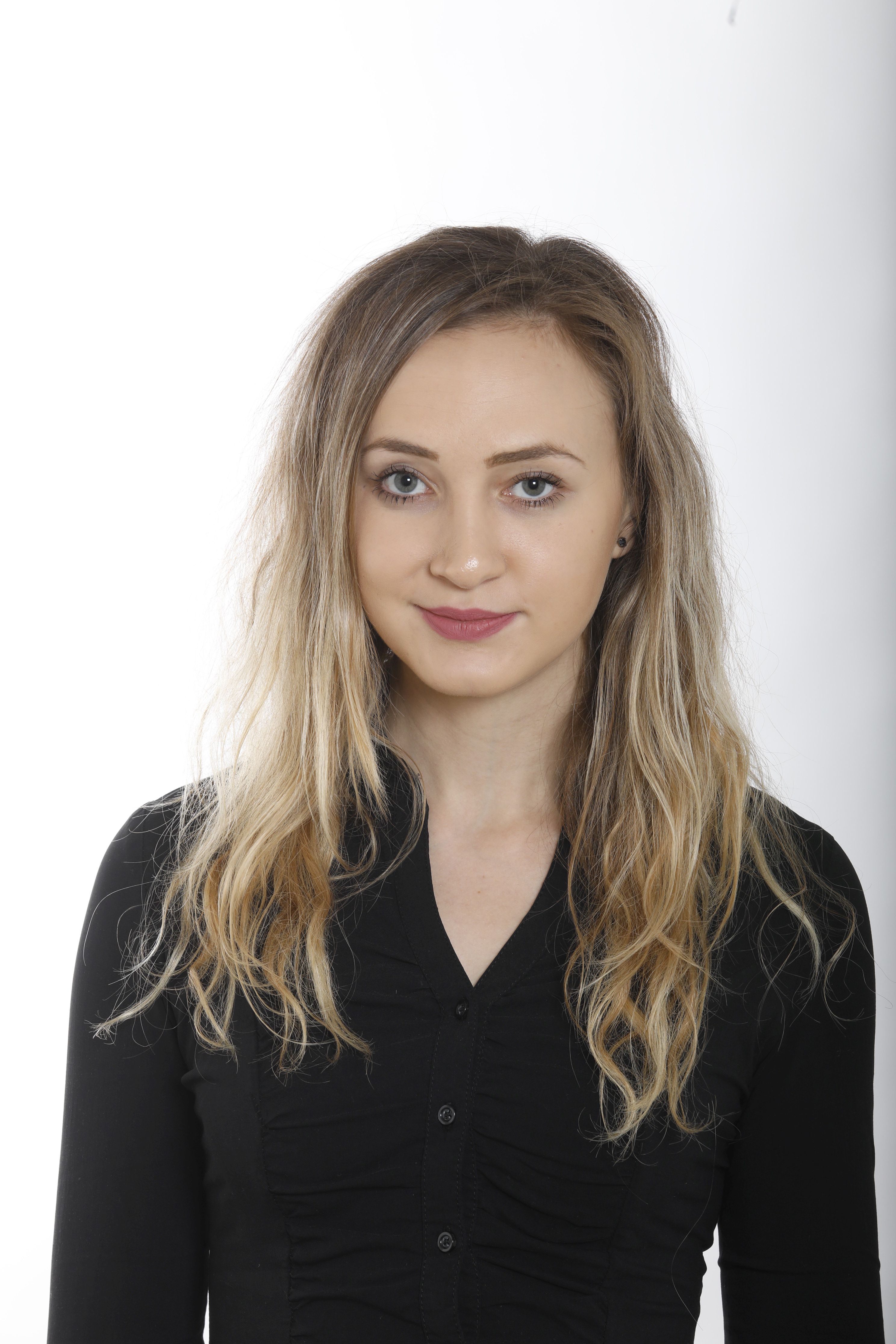
Lena Polevoi. Photo: Yael Tzur.
Polevoi adds that she entered the program ready to learn as much as possible before graduating, especially in the field of digital marketing.
Similarly, Arab-Israeli Osaid Watted, a second-year mechanical engineering student, applied to jumpTAU to cultivate his entrepreneurial skills. He also wished to forge connections to the Jewish business world. Watted was part of the team that launched Game On, an online social platform for amateur athletes to find sports games to compete in. The team members’ different fields of study enhanced the business development process, he says.
The jumpTAU novice entrepreneurs received guidance from industry veterans and executives with decades of experience. All of the program’s volunteer mentors are TAU alumni. Most important, the mentors provided an entry point into the business world, which was a major advantage, especially for the Arab students; finding a job, for example, says Watted, would otherwise be very difficult for him, who has no experience or contacts in Israel’s business community.
Osaid Watted. Photo: Yael Tzur.
In addition to networking opportunities, the program, funded by the U.S. Embassy and USAID’s Conflict Mitigation and Management (CMM) Program, provided additional benefits to participants, says Sakov.
Jewish students gained a rare window into the Arab market through their Arab peers, a huge market opportunity locally and globally, he says.
Polevoi emerged from the program with new knowledge and skills and a refined direction in life. The experience led her to take a job in a solar energy venture upon graduation from TAU. She also became good friends with her Arab teammate and says that participation in the accelerator was an opportunity to get to know a new culture first-hand.
For Watted, the experience provided enormous personal and professional benefits; “the entrepreneurial sense in me just grew, and I became more confident in my abilities, like how to actually build a start-up—it’s just priceless.” He now plans to start his own company, based on the values he was raised on: to provide an egalitarian and empowering work environment for disadvantaged groups within the Arab community, including Arab women.
“Respecting each other and working with each other creates a feeling of tolerance,” said Watted.
By the program’s end, two out of eight teams had raised investment funding for their start-ups to continue beyond the accelerator. Yet, to Sakov, securing funding is but “the icing on the cake.”
“Professional collaboration is where humanity begins,” concludes Sakov. “When you work with someone, you trust them. All of a sudden, the label that says Jewish or Arab disappears, and you see the person behind it.”
featured image: jumpTAU students. Photo: Yael Tzur.




